Search
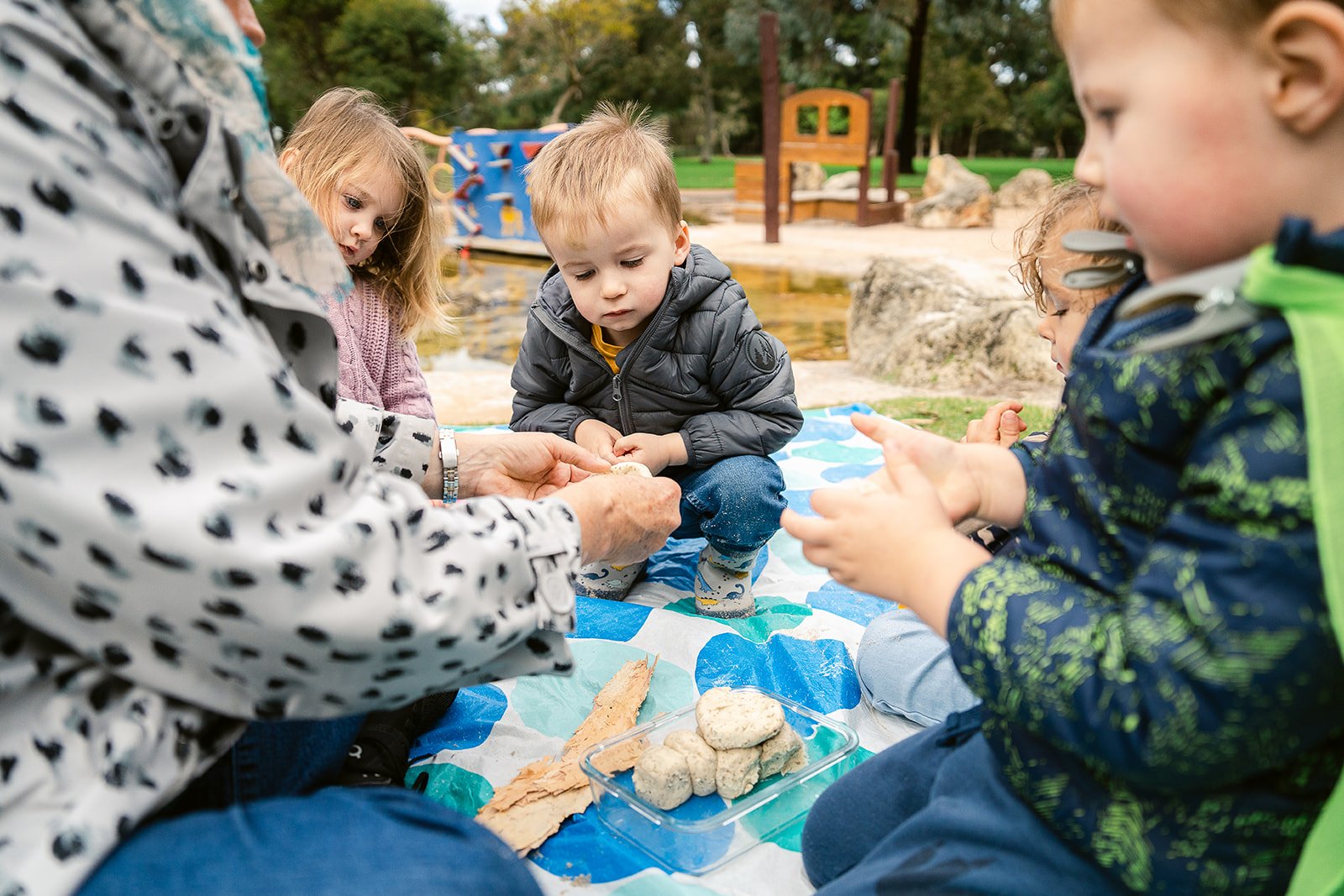
News & Events
Nature Play & Grow - based on science but promoting playA pilot program, teaching families how to 'play' in nature, has been shown to be effective in helping families unlock the mental and physical health benefits of connecting with nature and community through outdoor play, easily, and locally.
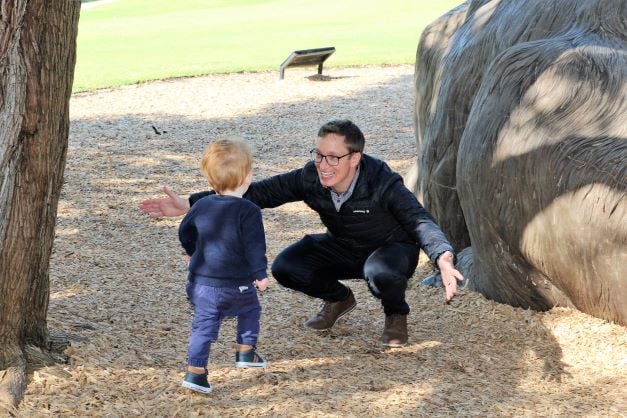
News & Events
HBF and ORIGINS Helping Fathers to FlourishA new partnership with HBF will help fathers in their transition to parenthood
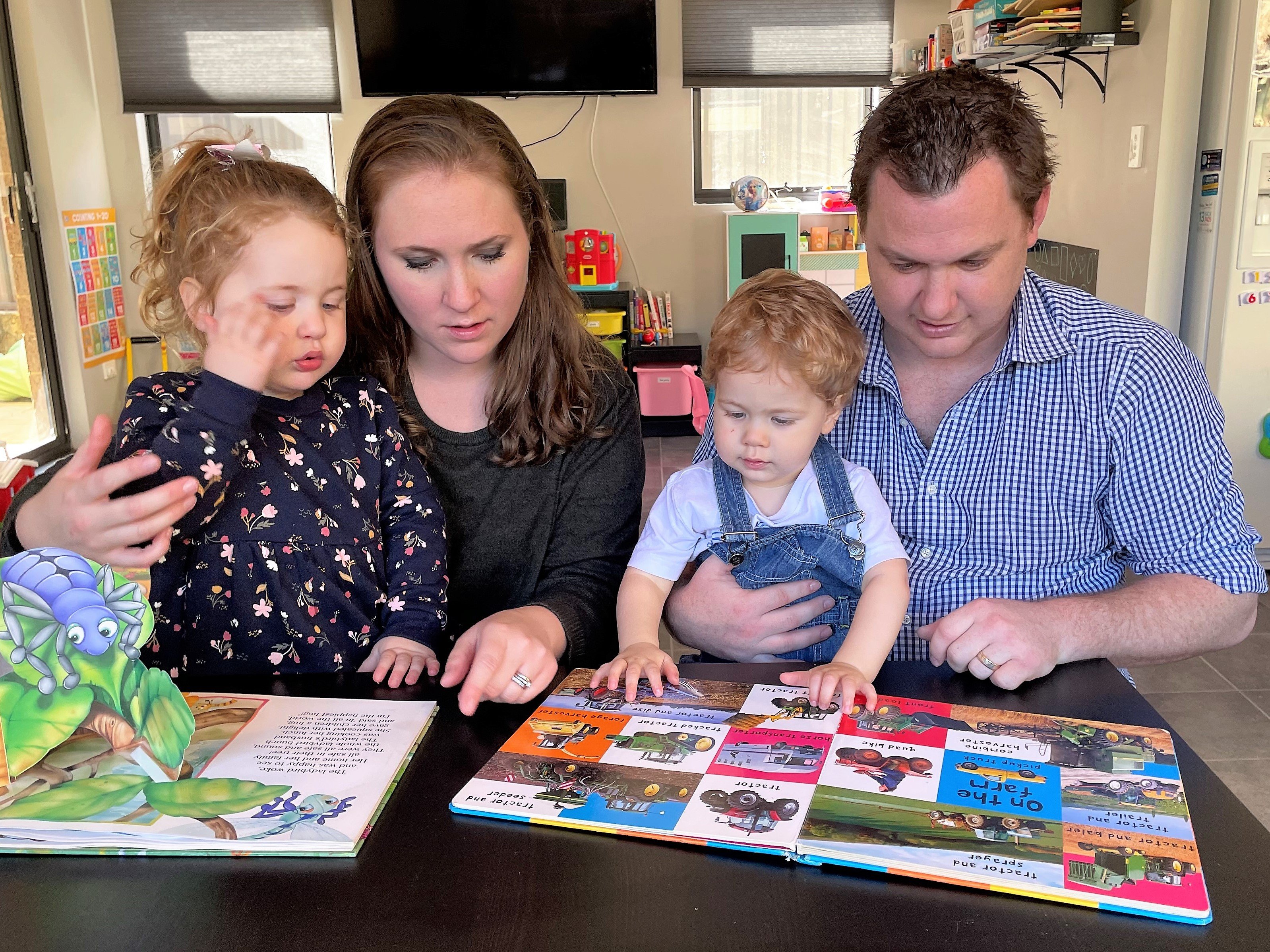
News & Events
Sharing the ORIGINS story on ABC DriveORIGINS chats to Geoff Hutchison about the impact of the study
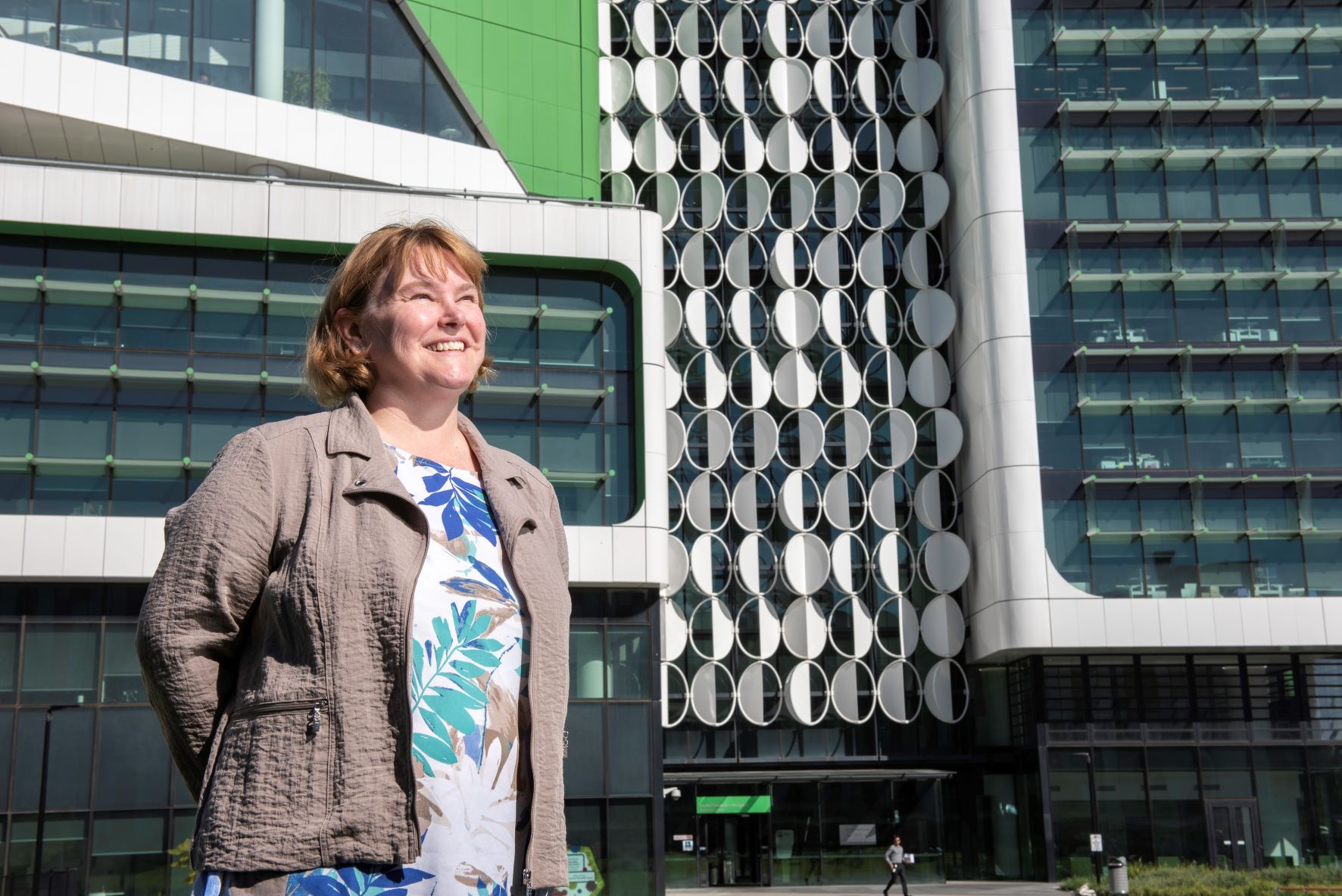
News & Events
SYMBA study boosted by WA Child Research FundORIGINS' SYMBA study awarded State Government grant to extend vital research into allergies
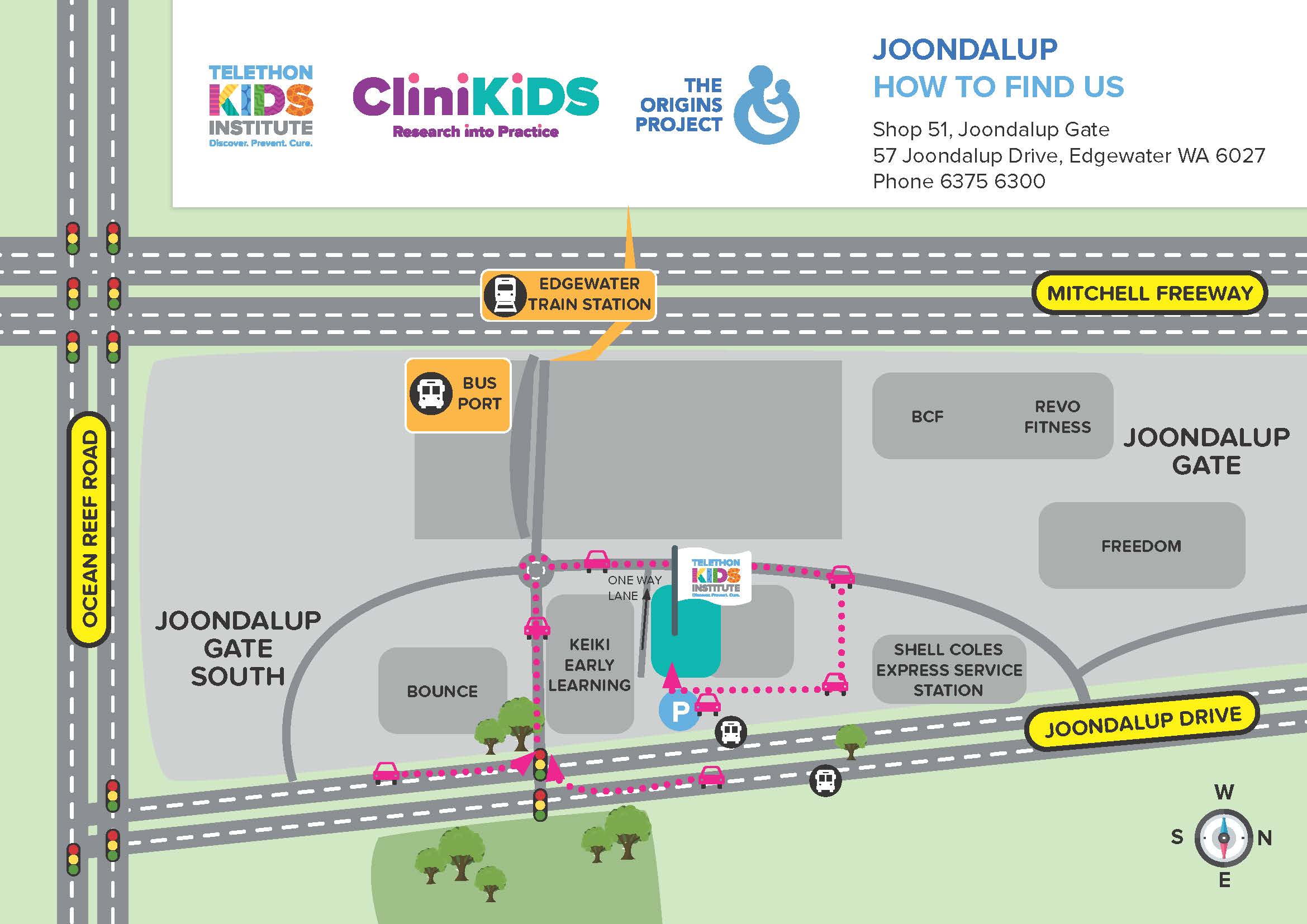
News & Events
New Home for ORIGINSThe Kids Joondalup will be the new home for the ORIGINS research and data teams

News & Events
Digital support engagement needed for new MumsSystematic review explores engagement levels of digital tools during the perinatal period
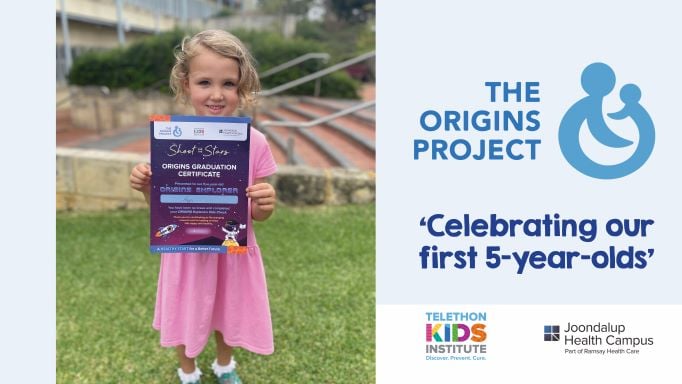
News & Events
Now We Are Five - ORIGINS celebrates milestoneORIGINS is celebrating its first five-year-old 'graduates'.
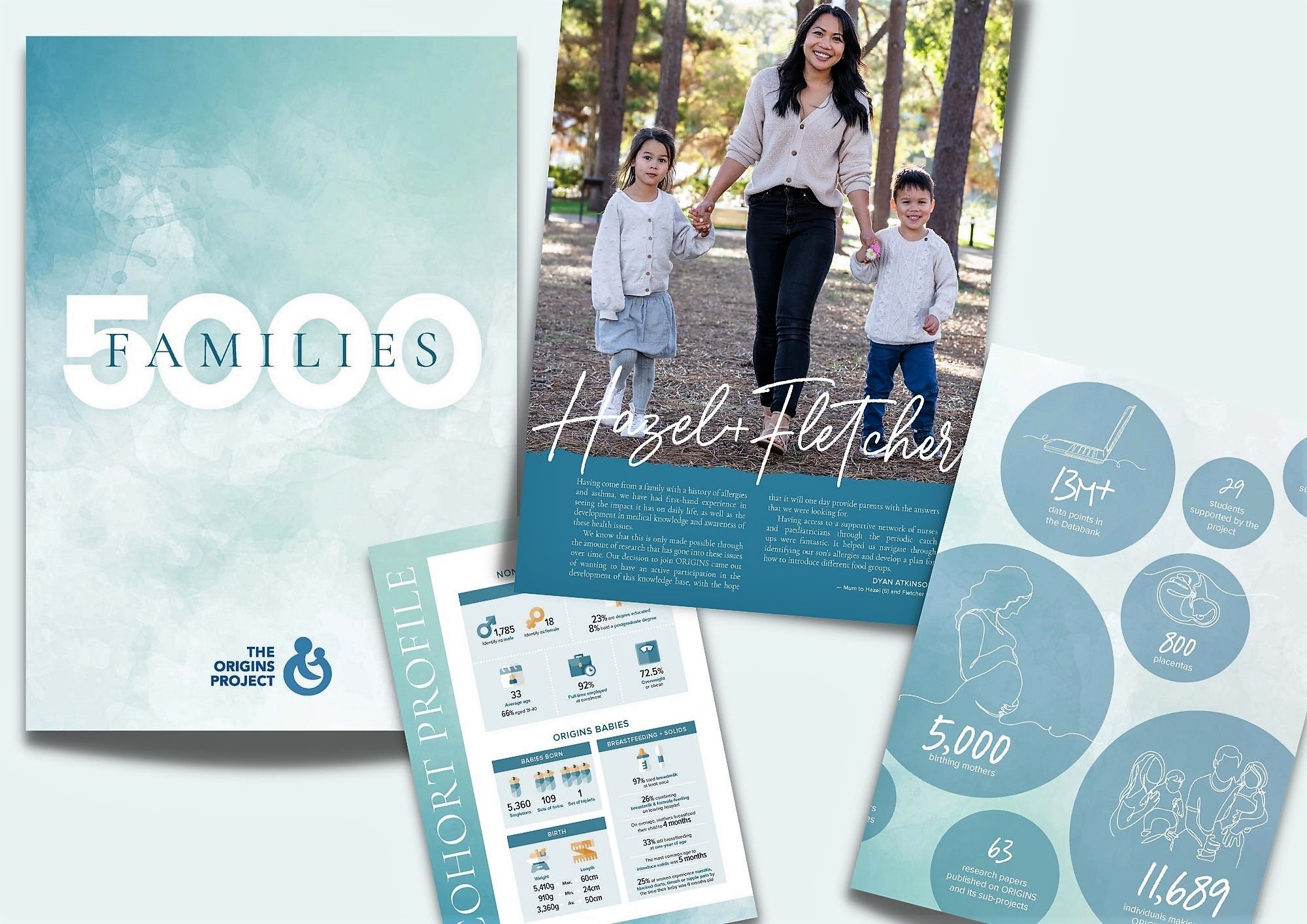
News & Events
ORIGINS 5000 Families ReportORIGINS released a milestone document this week, celebrating our families.
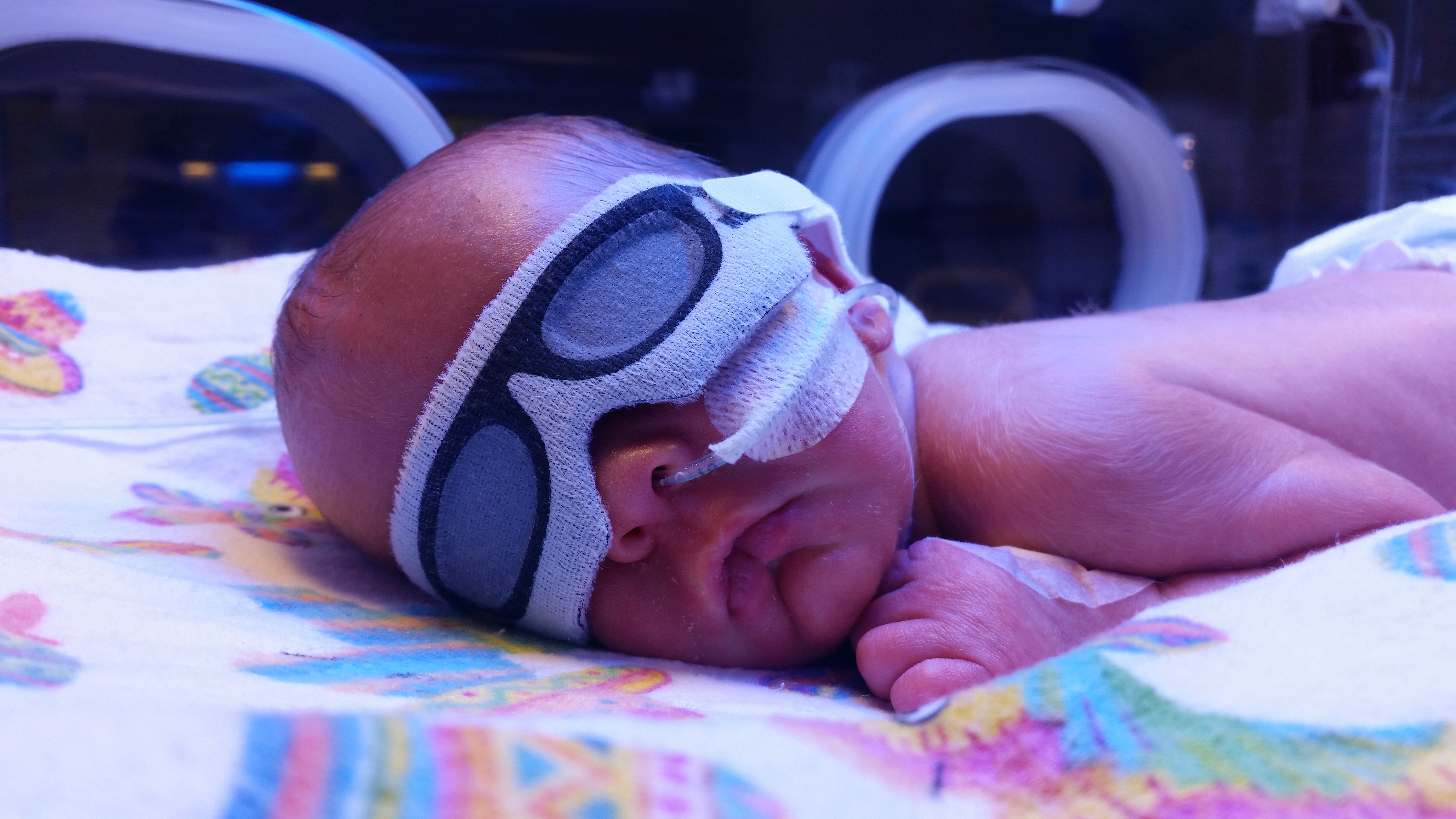
News & Events
Desire to help others helps one ORIGINS familyCathy Chopping is thankful she decided to try and help others by joining ORIGINS

News & Events
Calling All Budding ArtistsCalling all budding artists - submit your child's artwork to win!
